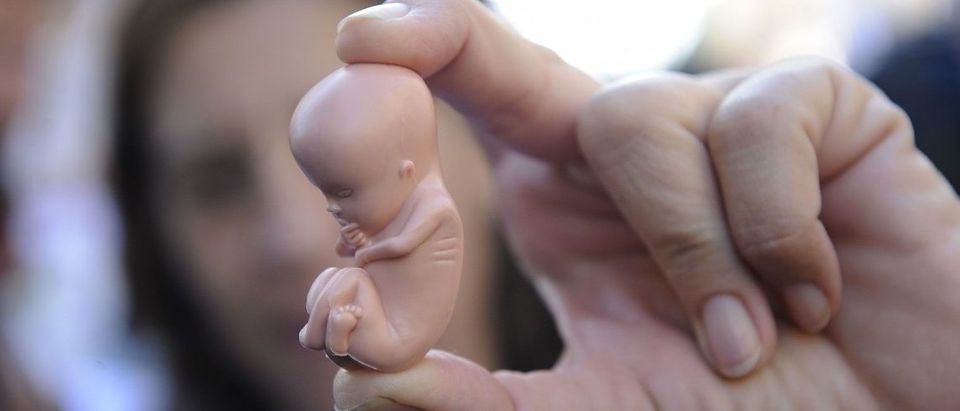In an ominous move, the Irish Minister for Health announced recently that the Irish government would compensate a woman who traveled to England for an abortion after being told that her baby had a life-limiting condition and would likely not live long after birth.
Health Minister Simon Harris’ decision came following a ruling by the UN’s Human Rights Committee which declared that Ireland had subjected Amanda Mellet to “discrimination and cruel, inhuman or degrading treatment” due to the country’s pro-life laws. The Committee stated that Ms. Mellet was forced to choose “between continuing her non-viable pregnancy or traveling to another country while carrying a dying foetus, at personal expense and separated from the support of her family, and to return while not fully recovered.”
The UN Committee went on to say that “the State party should amend its law on voluntary termination of pregnancy, including if necessary its Constitution” and that the Irish government should provide Ms. Mellet “with an effective remedy, including adequate compensation and psychological treatment she may need.”
In response to this ruling, Minister Harris issued a statement saying the state has offered Ms. Mellet “an ex gratia sum of €30,000.”
The Health Minister’s announcement comes at a contentious time in the Irish abortion debate. The 8th amendment of the Irish Constitution guarantees the equal right to life of both mothers and their unborn children. Additionally, a High Court judge recently found that unborn children enjoy “significant” rights and a legal position by the common law, by statute, and according to the Constitution “going well beyond the right to life alone. However, abortion rights activists are eager to repeal the 8th and have launched a massive repeal campaign across the country, ably assisted by the media and funded, in part, by American mega-donors including George Soros.
Harris’s decision is not surprising. He has made his opinion on abortion quite clear, stating that he would like to see the law changed and, recently, expressing support for two women who made headlines by tweeting their abortions. Harris has also refused to meet with families of babies with life-limiting conditions who chose to continue with their pregnancies and who now advocate for improved perinatal hospice care.
What is surprising is that the Irish government would agree to sidestep its own laws and bow to ideologically driven activists and a UN committee that has no judicial power and whose decisions are not binding in Ireland. It is stunning that the United Nations believes it can insist the Irish taxpayers pay for a procedure which is illegal in their own country (and about which the majority have serious reservations) as well as demand Ireland alter its Constitution to fit their pro-abortion ethic.
Ireland has long been a proud defender of human rights. To be told that it must change a law protecting the rights of the most defenceless, by an institution that regularly fails to condemn heinous human rights violations by countries such as China, is an outrage. It is almost incomprehensible that the Irish government could kowtow in the face of such imperiousness.
Ireland is on the precipice of an abortion referendum. It looms on the horizon like a dark and heavy cloud. This referendum will ultimately determine the protections afforded to the most vulnerable in society and decide the fates of countless lives. While this decision will, in the end, come down to the Irish people, until that time, ideologically driven politicians and institutions should stand down and respect the rule of law and the will of the people.
Nora Sullivan is Research Director at the Life Institute in Dublin, Ireland and an Associate Scholar at the Charlotte Lozier Institute in Washington, D.C. Nora has extensive experience in pro-life research and policy work and received her Master’s in Public Affairs from University College Dublin.


